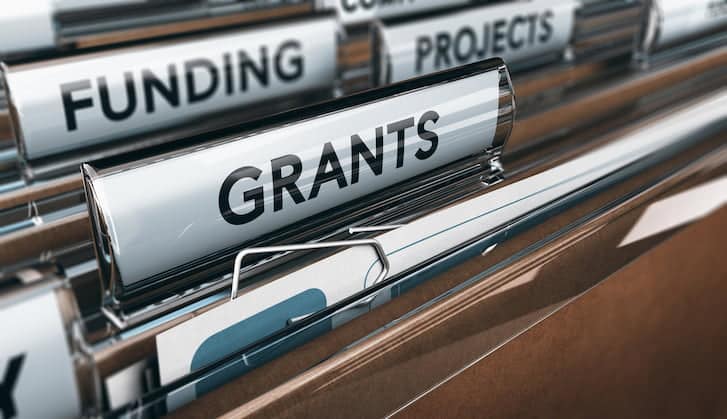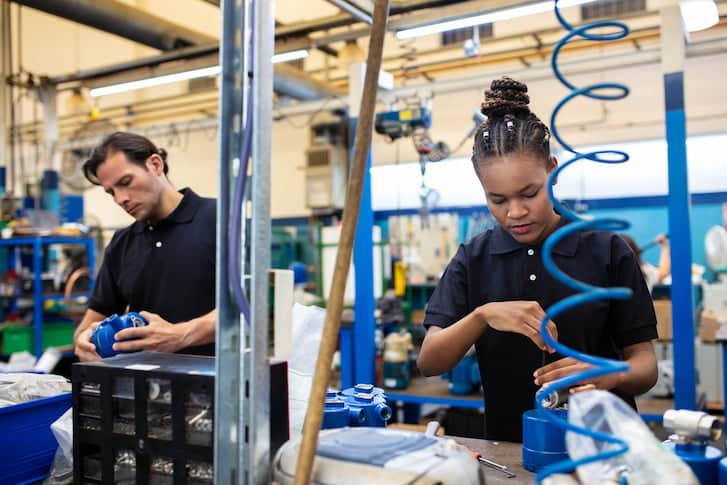What matters in the world matters for Western Australia — that was the key message from Secretary-General of the Organisation for Economic Co-operation and Development Mathias Cormann today.
The former Federal Finance Minister told more than 350 guests that the world faced many challenges, but WA was in a position to benefit immensely if these challenges were faced and overcome.
He said an OECD report on the world economy released in June was much more pessimistic than the corresponding report from six months ago.
“We expect inflation across the OECD this year to be more than double our previous forecast,” he warned.
Fortunately, the war in Ukraine hasn’t had a material impact on the OECD’s forecasts for Australia, and our economy is expected to continue its recovery from the pandemic. GDP is projected to be 4.2 per cent this year and 2.5 per cent next year. Unemployment is well down historically and labour force participation, particularly among women, continues to improve.
To keep both the Australian and global economy strong, however, the organisation believes we need to remain focused on net zero targets, digital transformation, population ageing, rebuilding fiscal buffers and resilience.
In Europe, energy markets are being rapidly reconfigured in the wake of the war in Ukraine, and there are therefore opportunities for Australian companies in a changing market.
There are also challenges, room for improvement and opportunities to learn from other parts of the world; and beyond iron ore and natural gas, there are other commodities, including critical minerals and nickel, lithium and copper upon which to build the new economy.
Achieving global net zero by 2050 has to be done in a way that is both fair and effective, Cormann said.
The recent uncertainty over traditional sources reinforced the need to deliver global action on green energy, and WA was poised to become a major player in this, with the potential to become a significant exporter of, for example, green hydrogen.
“This will bring with it significant implications for labour markets and labour policy, however; there’ll be significant labour churn,” Cormann said.
“Job displacement may be small in aggregate but it will be large for some sectors in some regions.
“We need to prepare for that to give everyone the best possibility opportunity to negotiate these changes.”
In a tight labour market, skilled migrants make a significant contribution to the development of the Australian economy.
International education is not just an important export sector, but a key component of labour market policy. International students provide a vital pool of labour, and they were sorely missed across the world and here in WA during the pandemic.
This shows we need stronger global cooperation to deal with the challenges of our time, Cormann concluded.
Australia needs to deepen its relationships across the Indo-Pacific region, for example, and the OECD has been engaging with ASEAN, and individually with (for example) China, India and Indonesia to increase cooperation across SE Asia.
“The OECD will continue to focus on developing global support for dealing with the challenges we face,” Cormann said.
Whether you want to connect with like-minded industry professionals, upskill or hear from leading players in the WA business community, CCIWA has an event for you. CCIWA Members benefit from discounted ticket prices to many of our events and networking opportunities.






